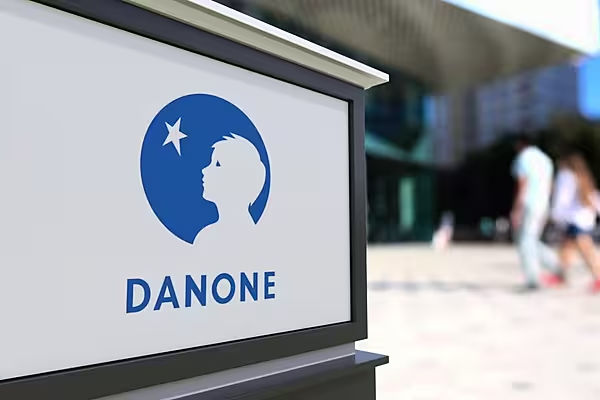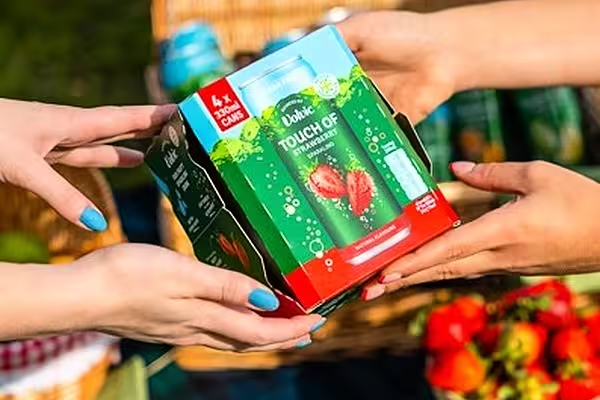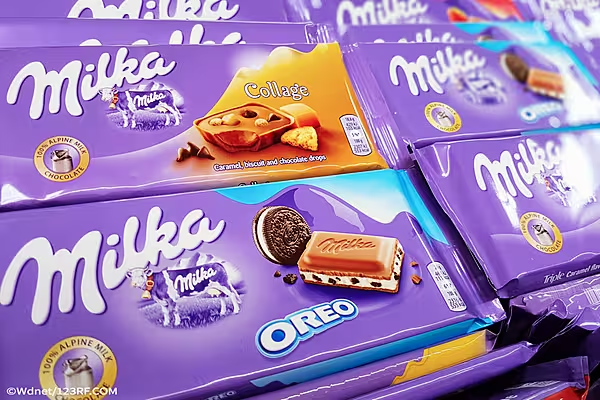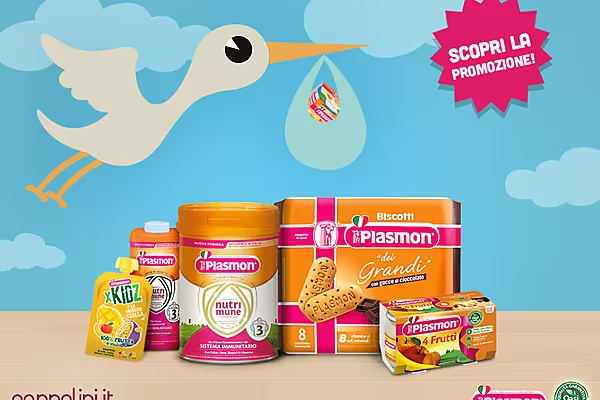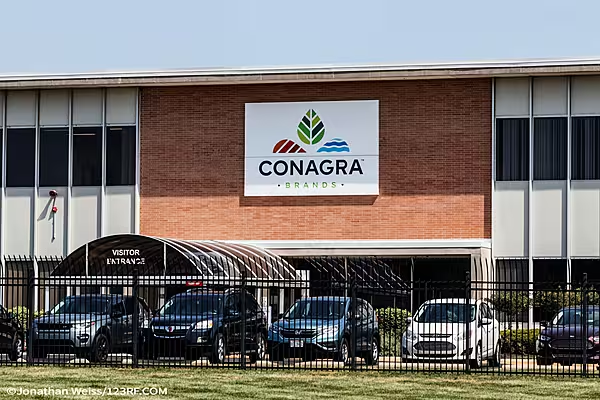Danone said sales growth slowed sharply in the third quarter, reflecting falling sales of its infant formula products in China amid tough comparables and a slower birth rate, as well as lost dairy sales stemming from a consumer boycott in Morocco.
Warm weather in Europe, however, lifted sales at its water division while growth accelerated at its dairy and plant-based business in North America, where Danone is integrating organic food group WhiteWave, and Danone kept its full year financial goals.
In Europe, the dairy division was making progress towards stabilisation, with southern Europe showing signs of improvement although sales in France were still negative.
"Danone's focus will remain on accelerating growth and maximizing efficiencies...In 2018 the company will progress towards its 2020 ambition through further sales growth acceleration and an improved recurring operating margin," the company said.
Danone, which is targeting an operating margin above 16 percent and like-for-like sales growth of 4-5% by 2020, reiterated its expectation for a double-digit rise in 2018 underlying earnings per share (EPS), excluding the impact of the sale of a stake in Japan's Yakult.
Danone, the world's largest yoghurt maker with brands including Actimel and Activia, said third-quarter sales reached 6.186 billion euros ($7.14 billion), marking a like-for-like sales increase of 1.4% - slightly above analysts' forecasts for 1.2% growth.
Nevertheless, this marked a sharp slowdown from 3.3% growth in the second quarter and 4.9% in the first quarter.
Sales of Danone's 'Early Life Nutrition' products in China fell 20% in the third quarter after growing by around 30% in the second quarter of 2018 and by over 50% in the third-quarter 2017.
Strong Demand
In China, where Danone competes in the baby food market with Nestlé and Reckitt Benckiser, there has been strong demand for baby formula products thanks to a sharp rise in birth rates tied to the end of China's one-child policy, and the emergence of new cities and an affluent middle class.
The peak in birth rates, however, happened in 2016 and started slowing down in late 2017, leading Danone to caution that the Chinese market will progressively show more normal trends from the second half of 2018 onwards.
Danone's indirect E-commerce infant formula sales had also benefited last year from China's decision to delay regulation of cross-border e-commerce, which led to stocking up by traders.
Morocco, which counts for 2% of group sales, was another weak spot as a result of a consumer boycott, with dairy sales in Morocco down 40%in the second quarter.
In September, Danone announced measures in Morocco to regain consumers trust, including price cuts, but sales in Morocco were still down 35% in the third quarter.
News by Reuters, edited by Checkout, edited by Donna Ahern. Click subscribe to sign up for the Checkout print edition.
